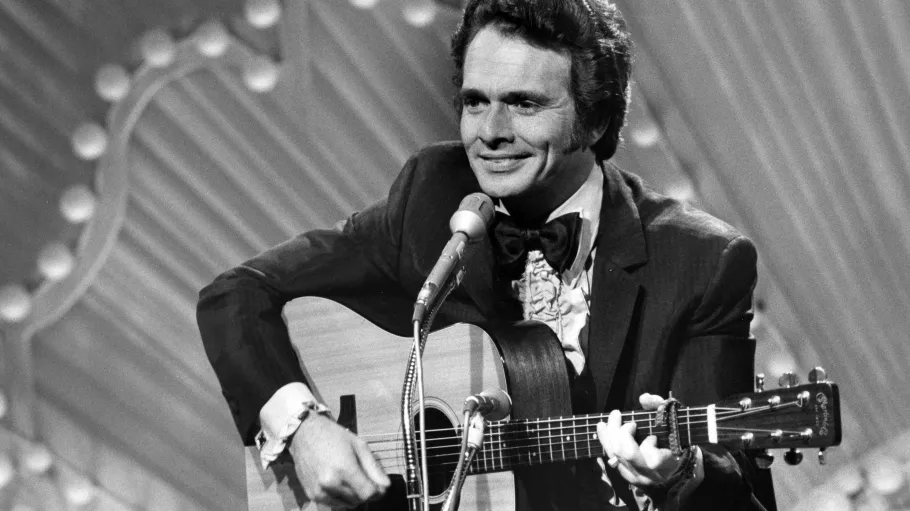
A Defiant Anthem of Pride and Place in a Fractured American Moment
When Merle Haggard released “Okie from Muskogee” in 1969, it quickly became more than a chart-topping hit—it was a cultural lightning rod. Rising to No. 1 on the Billboard Hot Country Singles chart and remaining there for four weeks, the song helped define not only the sound but also the sentiment of a divided America. Featured on the live album “Okie from Muskogee”, recorded during a rousing performance in Haggard’s home state of Oklahoma, the track crystallized the perspectives of a segment of Americans who felt their values were being eclipsed by a tide of countercultural upheaval. But beyond its commercial triumph and political implications, “Okie from Muskogee” is a study in irony, character creation, and the power of music to mirror national identity with startling clarity.
Written by Merle Haggard and his longtime drummer Roy Edward Burris, the song reportedly began as a jest—an exaggerated caricature of small-town conservatism. Haggard himself has offered multiple interpretations over the years, at times describing the song as satirical, at others as sincere. That ambiguity has only deepened its mystique. Born out of road-weary observation during the height of anti-war protests and psychedelic culture, “Okie from Muskogee” captured a viewpoint rarely heard so directly on popular radio: one that valorized tradition over rebellion, stoicism over spectacle.
Lyrically, it is both plainspoken and potent: “We don’t smoke marijuana in Muskogee / We don’t take our trips on LSD.” With those opening lines, Haggard draws a stark border between two Americas—the rural heartland clinging to established mores and the coastal enclaves ablaze with social revolution. The list of negations that follows—no shaggy hair, no draft card burning—functions not just as cultural shorthand but as a litany of prideful resistance. This is patriotism rooted not in policy but in posture.
Yet what elevates the song beyond mere polemic is its musical restraint and warmth. The arrangement is classic Bakersfield sound: twanging guitars, steady backbeat, and Haggard’s unmistakably weathered baritone delivering every line with an almost deadpan sincerity that invites interpretation rather than insists upon it. Therein lies its genius. While some embraced it as an authentic declaration of conservative values, others saw it as satire—a sly wink at the very mindset it portrayed.
The emotional core of “Okie from Muskogee” resides not merely in its opposition to change, but in its yearning for continuity amid chaos. Released during one of the most tumultuous periods in American history—the Vietnam War raged on, campuses burned with unrest—the song offers solace through certainty. Whether one identifies with its narrator or sees him as a foil, Haggard gives voice to an ache that cuts across ideologies: the desire to belong somewhere stable when the world feels unmoored.
Today, over five decades later, “Okie from Muskogee” endures not just as a country music standard but as an artifact—one that encapsulates the anxieties and allegiances of its time while continuing to provoke conversation about who we are and who we imagine ourselves to be. As with all great music, its meaning shifts depending on who’s listening—and why.